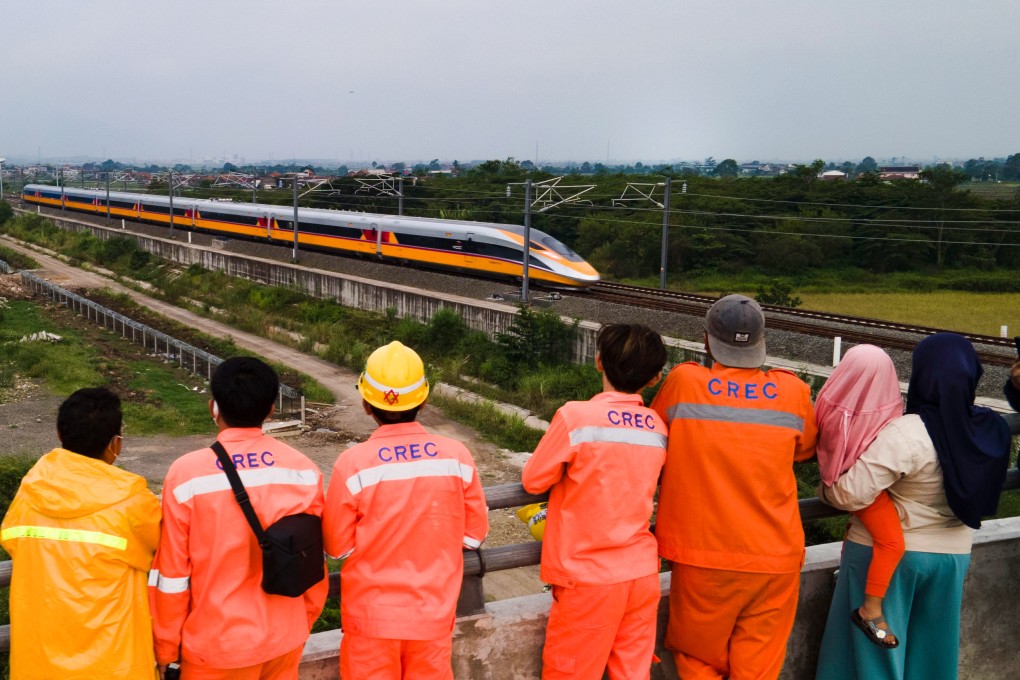Advertisement
Opinion | From soft power to FDI, China must work on its economic ties with Asean
- China is Asean’s top trading partner and more China-invested projects are gaining traction but its expanding economic influence is also attracting suspicion and distrust
- Beijing should boost its FDI in the region and ensure China-funded projects are much more observant of local values and laws
Reading Time:3 minutes
Why you can trust SCMP
8

The international community has recently renewed its focus on China’s economic presence in Southeast Asia. Earlier this month, as world leaders gathered in Bali for the G20 summit, the Jakarta-Bandung high-speed railway completed its test run, witnessed by Indonesian President Joko Widodo and his Chinese counterpart Xi Jinping.
Advertisement
With a targeted speed of 350km/h, Southeast Asia’s first high-speed railway aims to cut the travel time between the two metropolises from around three hours to just 40 minutes. Described as a landmark cooperation project between China and Indonesia, the equipment, technologies and standards applied are largely from China.
The project reflects China’s expanding economic influence in Southeast Asia. In the first 10 months of this year, bilateral trade between China and Asean, the regional bloc, reached US$798 billion. For the Association of Southeast Asian Nations, China has been the largest trade partner for 13 consecutive years.
But China’s advantages are not limited to its capacity for mass production and enormous market. Through industrial upgrading, China is asserting itself in the upstream global value chain. Besides the Jakarta-Bandung railway, Chinese equipment, technology and standards also play a dominant role in projects such as Kunming-Vientiane railway and Baleh hydroelectric station in Malaysia.
Furthermore, Chinese technologies are being integrated into the daily lives of the people of Asean, with the Beidou satellite navigation system, China’s version of GPS, offering coverage, and Huawei Technologies Co’s contributions to the 5G network in Thailand.
Advertisement
According to an annual poll released earlier this year by the ISEAS-Yusof Ishak Institute headquartered in Singapore, 76.7 per cent of respondents across Southeast Asia regard China as the most significant economic force in the region, far outpacing the United States, European Union and Japan.

Advertisement
